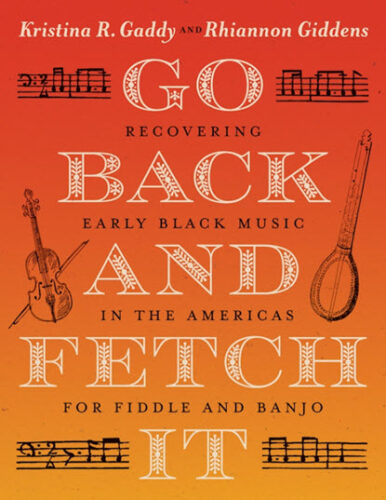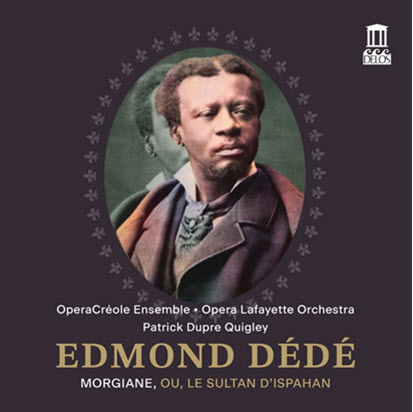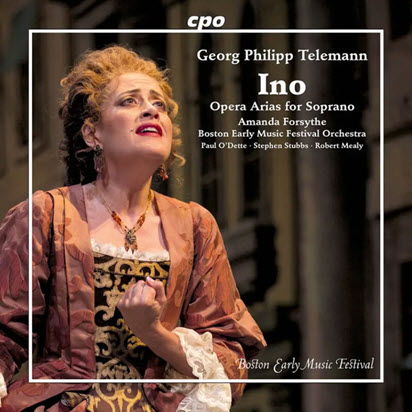by Ken Meltzer
Published October 20, 2024
Haydn Symphonies 43 & 49, ‘Mercury’ and ‘La passione.’ Tafelmusik, directed by Rachel Podger. Tafelmusik Media TMK1041CD
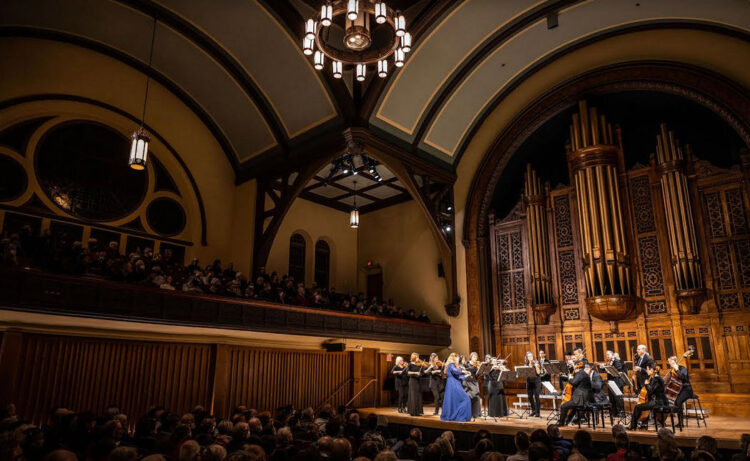
A new recording by Tafelmusik, Toronto’s leading period-instrument ensemble, features Haydn’s Symphonies Nos. 43, “Mercury” (1771), and 49, “La Passione” (1768), captured in live performances in February 2023 at Toronto’s Jeanne Lamon Hall, Trinity-St. Paul’s Centre. The 2024-25 season marks the first for British violinist Rachel Podger as Tafelmusik’s principal guest director — a post created for her. Across this season, she will lead three mainstage programs at home as well take the band on a long-awaited tour in Asia.
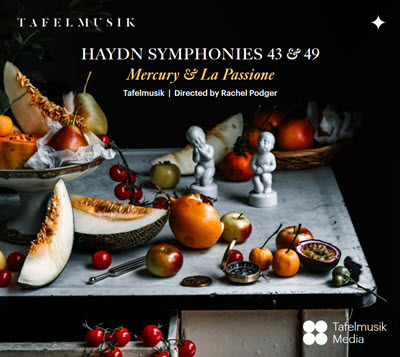
The Tafelmusik roster for this recording — available only as a download or streaming — lists 17 strings (five first and second violins, three violas and cellos, one double bass), winds, and harpsichord. The performers observe all score repeats, with the exception of the second in the “Mercury” Symphony’s opening movement.
The years 1766-73 were among the most prolific and creative of Haydn’s Esterházy tenure. They are sometimes referred to as Haydn’s “Sturm und Drang” period; a reference to the relatively contemporaneous German literary movement, perhaps best exemplified by Goethe’s 1774 novel, Die Leiden des jungen Werthers (The Sufferings of Young Werther). During those “Sturm und Drang” years, Haydn composed several symphonies that explore minor keys, dissonance, striking dynamic contrasts, frequent dramatic pauses, and a pervasive, restless energy.
All these elements may be found in the two featured Haydn symphonies performed by Tafelmusik. Successful renditions of such works are dependent in great part upon the musicians’ wholehearted embrace of the elements I’ve outlined. And that is what Rachel Podger and Tafelmusik achieve, in masterful and triumphant fashion. The razor-sharp ensemble documented in these live recordings is impressive and gratifying throughout.
And whether Haydn’s omnipresent contrasts explore forte/piano dynamics, major/minor keys, or broad/quick tempos, the artists are ever vigilant and sensitive in execution and expression. And so, for example, the bracing opening Allegro of the “Mercury” Symphony yields to the second movement Adagio; broadly and flexibly paced, the muted violins singing with tenderness and pathos.
And so it goes throughout, capped by a muscular, breathtakingly fleet and immaculately articulated rendition of the “La Passione” Symphony’s Presto Finale.
Here, it’s appropriate to mention that in the 1990s, Tafelmusik and conductor Bruno Weil made impressive recordings for Vivarte of several Haydn “Sturm und Drang” Symphonies, including the “Mercury.” I prefer this newer version of that work for its intense approach, more immediate sound, and inclusion of harpsichord continuo.
These are certainly among the finest period-instrument renditions of “Mercury” and “La Passione” that I’ve heard. Which of course makes me hope for more of this repertoire from Rachel Podger and Tafelmusik.
Ken Meltzer has been the program annotator for several U.S. orchestras, including the Pittsburgh and Atlanta Symphony Orchestras, and he reviews recording for various publications.

